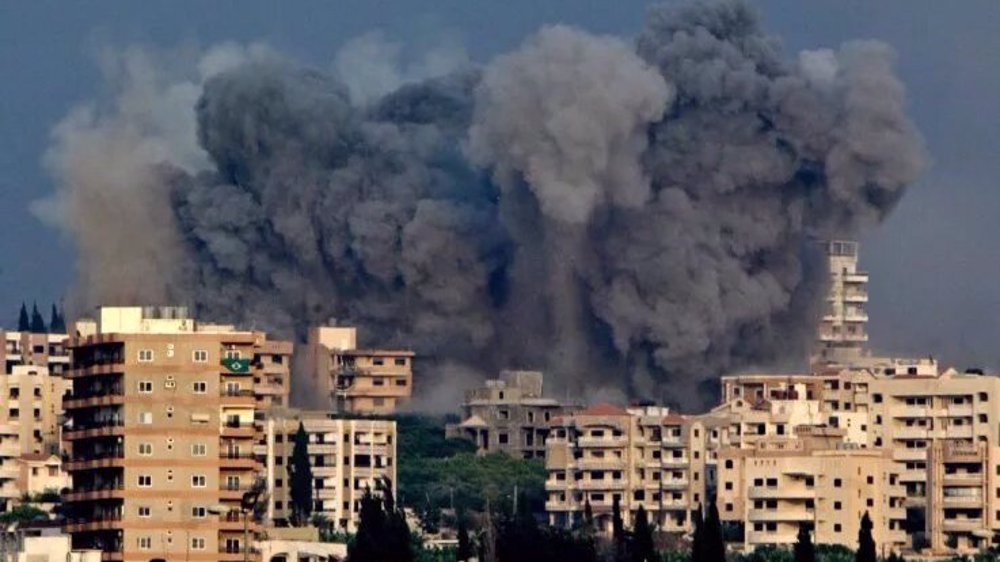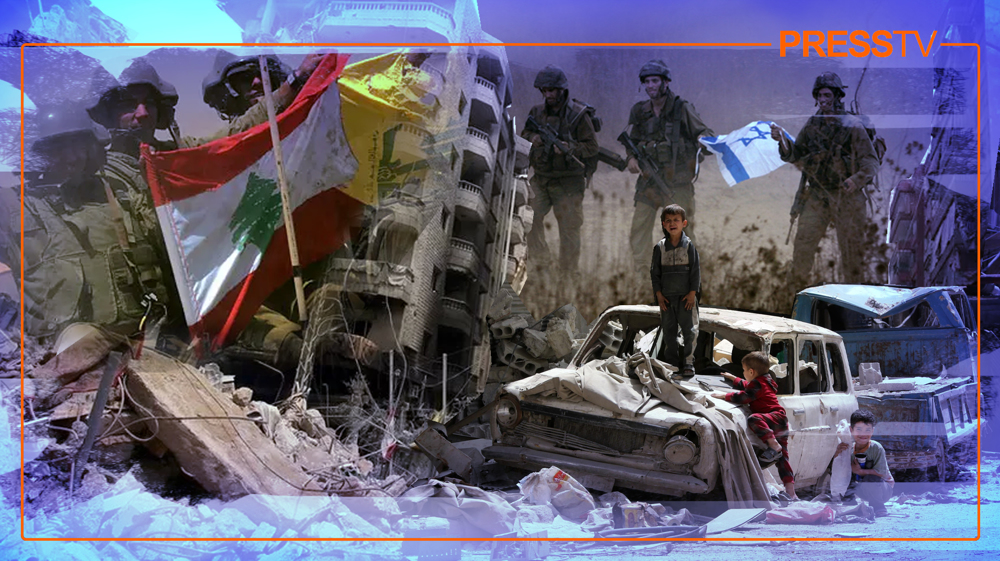2006 Lebanon War a symbol of resistance against Zionist entity: Iran
Iran has commemorated the 18th anniversary of the 2006 Lebanon War, saying the 33-day conflict with Israel has become a symbol of resistance against the Zionist entity.
Eighteen years ago, Israel launched a full-scale military offensive against Lebanon, but Hezbollah fighters defeated the regime’s military and forced it to embarrassingly retreat without achieving any of Tel Aviv’s objectives.
The war started on July 12, 2006, and continued until a UN-mediated ceasefire went into effect in the morning of August 14, 2006, though it formally ended on September 8, 2006, when the Israeli regime was forced to remove its naval blockade against Lebanon.
In a statement on Tuesday, Iran’s Foreign Ministry extended its congratulations to the people, government, army, and resistance of Lebanon, particularly to Sayyed Hassan Nasrallah, secretary general of Lebanon’s Hezbollah resistance movement and the broader resistance front, on the 18th anniversary of the “glorious victory of the valiant sons of the Islamic Resistance of Lebanon in the 33-day war in 2006.”
“The 33-day war became a symbol of the resilience and strength of the Lebanese people against the Zionist regime and will always be remembered as a great victory in the minds of the people in the region,” the ministry said.
The 2006 Lebanon War began with the Israeli army launching airstrikes against Lebanese cities as well as Hezbollah positions, resulting in the demolition of thousands of homes and the deaths of over 1,000 Lebanese civilians.
At least162 Israelis, including 119 soldiers, were also killed during the fighting. As Tel Aviv realized that it could not bomb Hezbollah into submission, it accepted UN Resolution 1701 to end the war.
“August 23rd, the Day of Islamic Resistance, as described by the wise leader of the Islamic Revolution, Ayatollah Seyyed Ali Khamenei, is ‘a day when the Resistance and Hezbollah restored dignity to the Arab and Islamic world.’ With the collapse of the Zionist regime’s hollow dominance, the robust tree of resistance against the Zionist occupiers and aggressors has grown stronger and more resilient,” the statement read.
The ministry said the “brilliant victory” of the Islamic Resistance, achieved through the unity and solidarity among various sects and the collective determination of the brave and resilient people of Lebanon, has “ensured stability and security, bringing pride and honor to the Lebanese people and the region, particularly to the resistance front against the Zionist occupiers.”
The ministry also stressed that Iran’s principled stance in support of the resistance and against the Zionist regime has further been proven during the past 18 years since that historic resistance, and especially after more than ten months of Israel’s genocidal war in the besieged Gaza Strip that killed nearly 40,000 Palestinian people and wounded more than 100,000 others.
“This stance emphasizes the need for comprehensive support from countries and nations, not least the Islamic and justice-seeking ones, for the steadfastness of the Palestinian people and the resistance front against the Zionist enemy as the only strategic option for reclaiming the lost rights of the Palestinians, as well as those of other nations in the region, and for the liberation of Palestine and the holy city of Jerusalem al Quds.”
Lebanon fought off two Israeli wars, in 2000 and 2006, with the Lebanese resistance movement Hezbollah playing a crucial role on both occasions, compelling the Israeli military to retreat.
Hezbollah was established in response to Israel’s 1982 invasion and occupation of southern Lebanon, ultimately expelling Israeli forces in May 2000. Since then, the movement has evolved into a formidable military power, delivering significant setbacks to the Israeli military, notably during the 33-day war in July 2006.
President Yoon Suk Yeol to be removed from office
At least 19 Gazans killed by Israeli airstrikes since dawn: Medics
Leader: Iran neither has nor needs proxy forces
US fighter aircraft shot down ‘in friendly fire’ amid aggression on Yemen
Yemeni FM: Israel’s sponsors accountable for ongoing aggression on Sana’a
Eight Palestinians killed as Israel attacks Gaza school, hospitals
VIDEO | Rome, Milan host new protests in solidarity with Palestinians
Dec. 21: ‘Axis of Resistance’ operations against Israeli occupation











 This makes it easy to access the Press TV website
This makes it easy to access the Press TV website